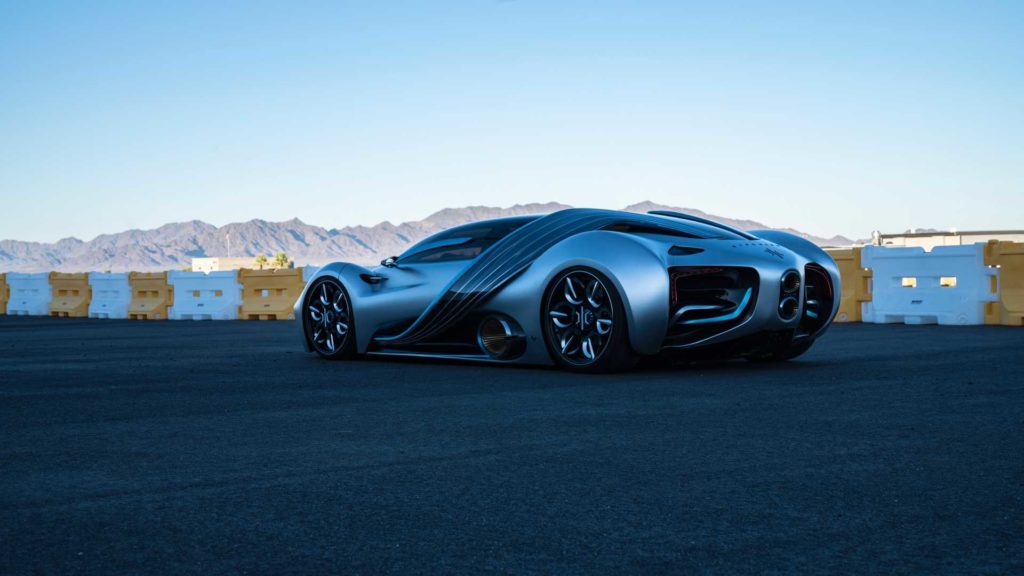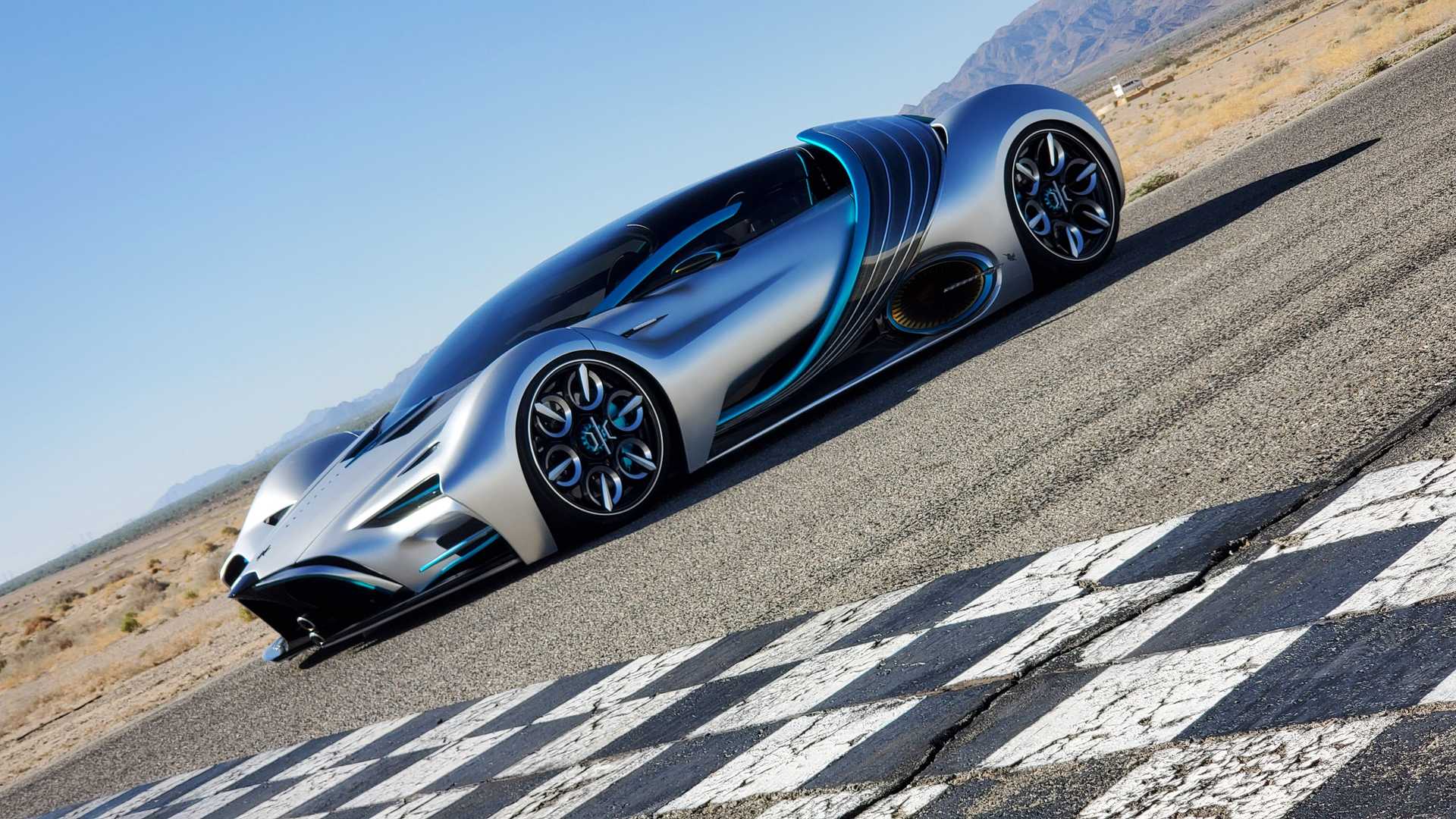A few years ago, few were the manufacturers that bet on the battery-electric car to solve the pollution problems associated with the transport sector. However, many of them considered the hydrogen fuel cell a much more attractive alternative in autonomy and refueling time.
Today, the situation is entirely different from those first speculations: while the battery-electric car is beginning to emerge, with the vast majority of manufacturers betting on it, the hydrogen car has been relegated to an unattractive future project since an economic point of view. Besides, rapid advances in the battery industry have made the electric vehicle a match for its height in terms of range.
Companies like Daimler (Mercedes-Benz), Volkswagen, or Honda have officially renounced their hydrogen programs. However, there are still brands that bet more or less decisively for them. Thus, giants such as Toyota, Hyundai, and BMW keep their projects active. Also, some startups like Nikola defend its application in the field of heavy transport.

The Hyperion XP-1 arrives to demonstrate that hydrogen is also viable in the hypercar segment, an exclusive market niche that battery-electric cars are already dominating with models such as the Lotus Evija Rimac C_Two, the Pininfarina Battista, or the second-generation Tesla Roadster.
The Hyperion XP-1 is a futuristic model with very curved shapes and all kinds of aesthetic accessories that attracts attention due to its curious combination of colors (silver, black, and teal). The two-seater has doors with a scissor opening, while the bodywork sports peculiar adjustable solar panels that go from the rear to the bottom, crossing from side to side.
Inside, the use of a 98-inch curved display stands out, while the dashboard has no button, as the model has gesture controls. Thanks to the use of a reinforced titanium bodywork and a titanium and carbon fiber chassis, the vehicle advertises a weight of only 1,248 kg, an astonishing figure for a car of its type.
However, this model’s real surprise is its performance: with 1,000 CVs of power, it promises a 0 to 100 km/h in 2.2 seconds and a top speed of 356 km/h. The autonomy is not short either, with 1,015 miles per charge. Also, the brand claims that it will have a very short refueling time. Production of the Hyperion XP-1 will begin in 2022, and only 300 units will be built.

